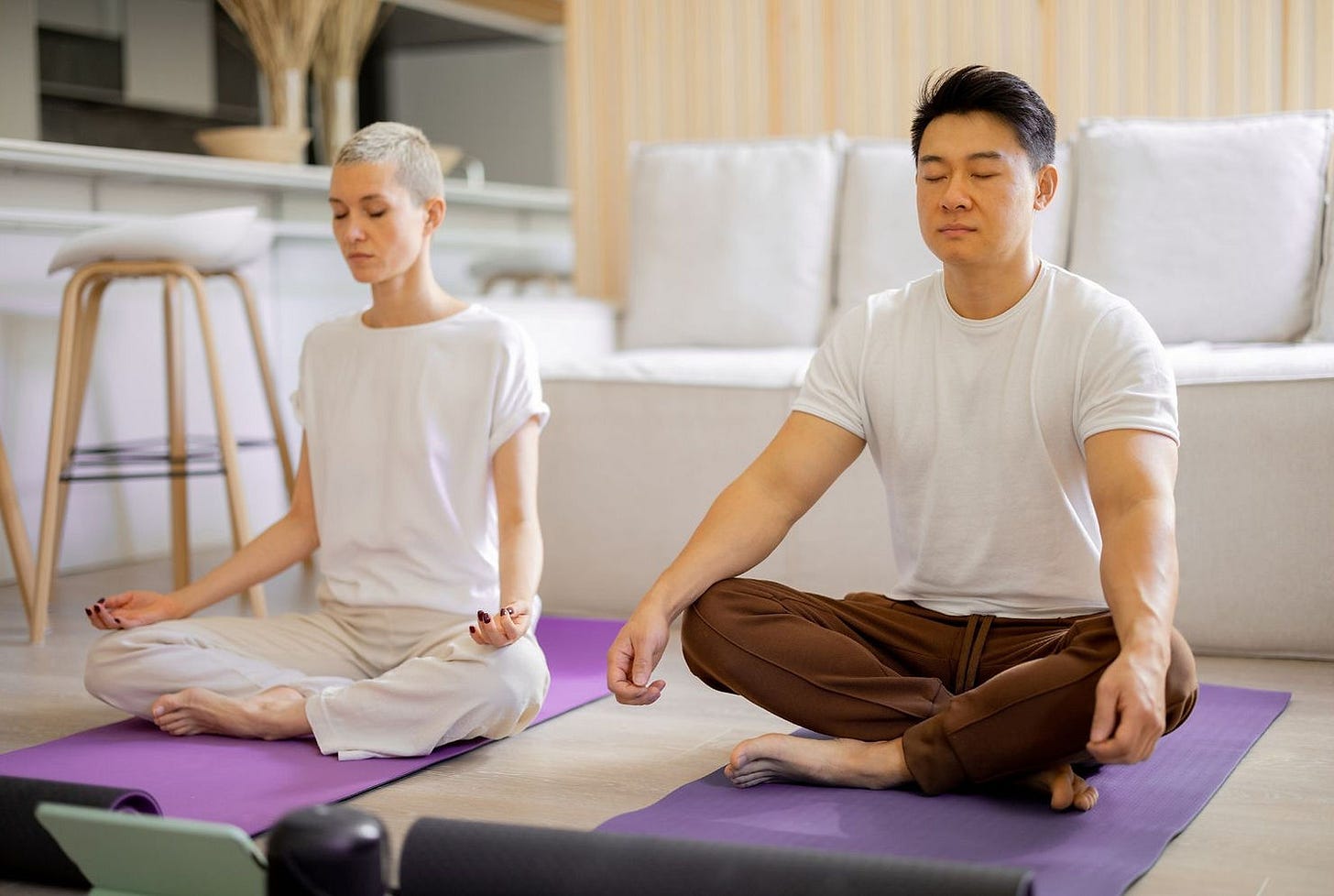Find Yourself An Accountability Partner
Invite them to bear witness to how you are evolving.
When you embark on the niàn life, see if you can find yourself an accountability partner.
This is someone who wants to see you being well, someone who is willing to bear witness to your journey of living more simply, healthily, and wisely.
This partner should be someone you trust, someone whom you believe will never deliberately harm you, and always has your best interests at heart.
They pay attention to you; they can tell when you need a bit more support, and they will show up for you in one way or another.
They offer compassionate yet constructive feedback when asked. They don't hold back from being authentic with you, because if not them, then who?
This person understands why you practice, and they will constantly remind you to practice, and even practice together with you.
They hold space for you, and listen deeply, even when they disagree. When they are with you, they non-judgementally rest with what is, and patiently allow each moment to unfold.
They encourage you to take ownership of your life. They are not afraid to point out the potential impact and outcomes of your behaviours, and remind you of your intention to live better.
Your accountability partner can be a loved one, a teacher or mentor figure, a peer or a fellow practitioner like you.
They are a part of your sangha - which simply means an intentional community, a group of people committed to living better and helping one another live better.
So perhaps it's time to identify someone like this, and invite them to bear witness to how you are evolving.
Let them know that they play a role in keeping you grounded and motivated in your practice, because the way they live inspires you.
Let them know how exactly you are practicing for growth, and invite them to hold you accountable to this very noble commitment to yourself.
Update them regularly; share with them your progress, your challenges, and everything in between.
Stay open to their response and feedback, and allow yourself to be vulnerable with them. It is in this vulnerability that you gain insight into your relationship with pain and learn to stop struggling so much.
Finally, don't forget to express gratitude and say thank you to your accountability partner each time you convene, even though all they want is to witness you being well and living better.
And in due course, when you have learned to live better, consider whether you have the capacity to support them back, or you might choose to pay it forward, by being an accountability partner to someone else.
------



